Susan Tailby revisits the first James Bond book and is surprised to find she mainly enjoys it.
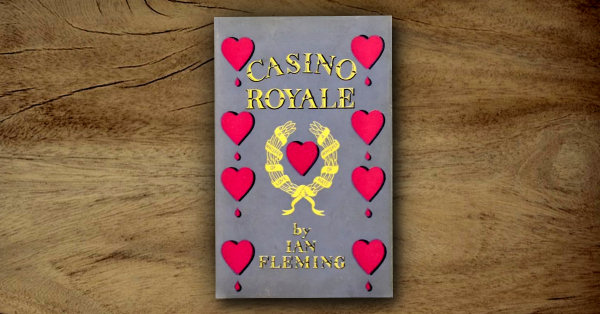
A Woman Reads Bond
I read Casino Royale once before and naively had a culture shock – it felt so different from the film. I really didn’t get or like the trussing up of kidnapped Vesper in her dress like a bagged turkey and yet weirdly sexualised too.
“More movie Bond, please”, was my reaction then and I skittered off to watch more Craig and that record breaking Aston roll sequence, again.
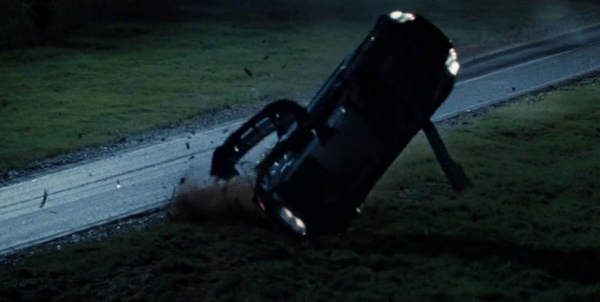
Now in revisiting this book for Bond’s 70th, I’m shocked – I liked it, I even enjoyed most of it! Albeit that there are some challenging and downright unpleasant parts for a woman reader, I liked a Ian Fleming Bond book!
No brainer those of you who already knew that, might say – tell us something we didn’t already know? But read on and enjoy more reverse culture shock…
Expect the Unexpected
The novel begins with Bond in a casino, observing Le Chiffre at play. This is a tired agent in the field. Bond is weary and has stopped, to watch Le Chiffre continue to win. It also has a brilliant opener – the alliteration (a power of 3 my inner GCSE English teacher spotted delightedly) is so atmospheric.
As a reader you are plunged straight into the thick of things, the action, even the smoky and somewhat stale backdrop. Despite the glitz and glamour, it’s all slightly seedy at decaying 3am – Bond is able to step away, to literally melt into the background scene, grudgingly reluctant to see Le Chiffre carry on winning. This apparently self-knowing and weakened Bond is a sign of things to come.
The description is both vivid and gripping, as Bond speaks to us as an expert player:
The scent and smoke and sweat of a casino are nauseating at three in the morning. Then the soul-erosion produced by high gambling–a compost of greed and fear and nervous tension–becomes unbearable and the senses awake and revolt from it.
James Bond suddenly knew that he was tired. He always knew when his body or his mind had had enough and he always acted on the knowledge. This helped him to avoid staleness and the sensual bluntness that breeds mistakes.
Less pulp fiction and more inside the head of James Bond, we are literally alone for much of the book with Bond and his thoughts.
He’s very entertaining it turns out! The digression into Fawcett who works as a photojournalist is a nice exposition of how someone joins the service, and those who work alongside Bond – albeit at a distance. There’s a sweet and funny description of Bond’s handler, which tells us so much about him:
He felt secure and encouraged, had visions of a BEM and made the first payment on a Morris Minor. He also bought a green eye-shade which he had long coveted and which helped him to impose his personality on the picture desk.
And yet also gives us a wider exposition on who watches the watcher….
Spycraft
As in Dr No, there are the wider techniques – Bond’s careful avoidance of creating a copy of his reply to a cable promising more funds; the talc on the doorknobs and strategically placed hair, even stealthily moving on the balls of his feet.
These details add to the suspense as Bond carefully monitors his environment – although he has a wider awareness that a bribe could get a copy from the local post office. Bond carefully guards his reputation and information, and is appalled when he has to share his assignment with ‘a pest of a girl’. Cue Bond going full Professor Higgins.
Or not… I do really like these details of Bond as a professional who does their job well, even his relationship with M and the team – not to mention all the admin. I think what really struck me was how paper based communications were still.
Post-War World
I really was expecting this book, set in 1953, to creak. Again I was surprised to find that it doesn’t… and yet the signs of recent World War Two aren’t as obvious as I was expecting either.
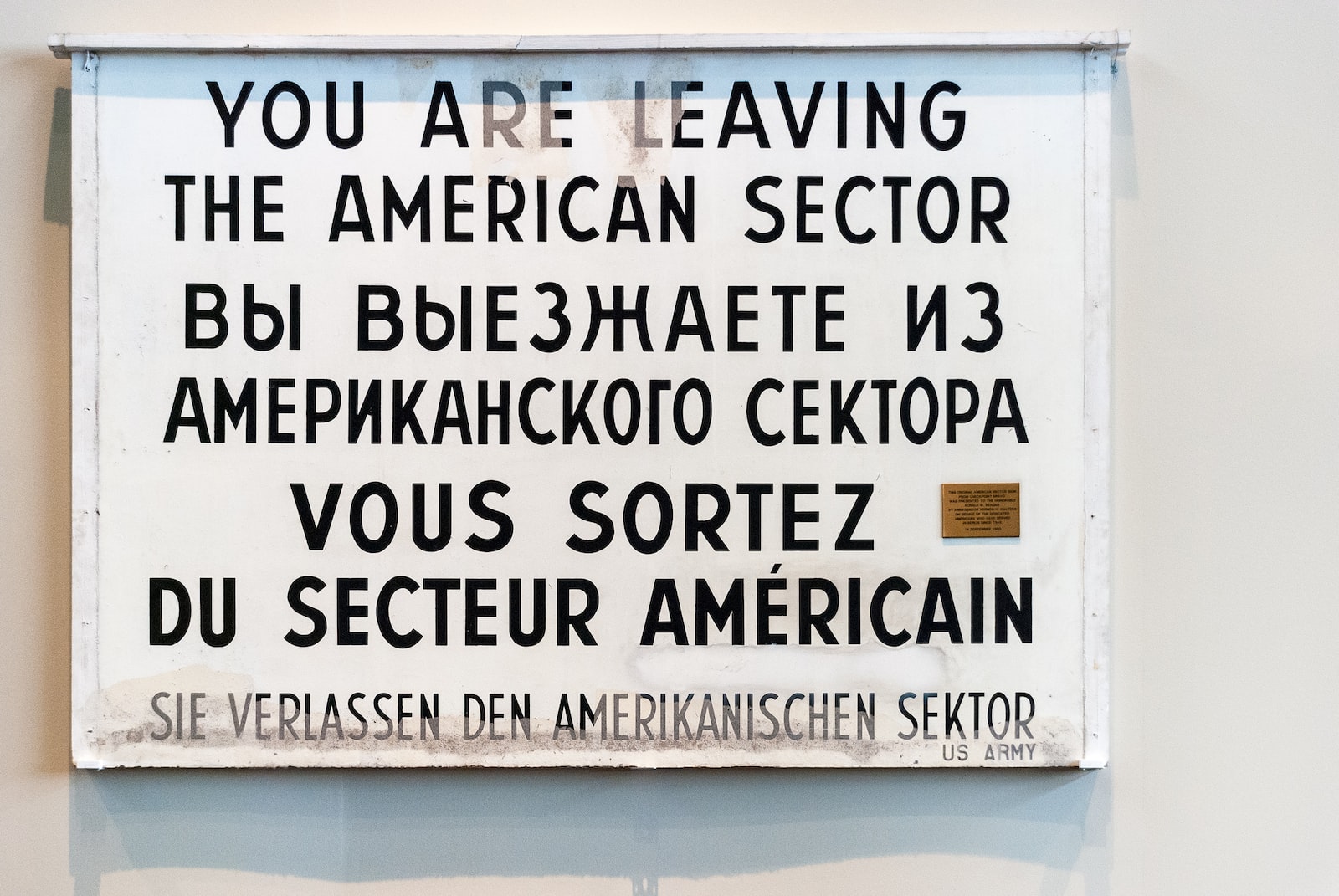
Bond spends much of the novel in France – there is the New Look hinted at – Vesper borrows dresses from a friend who works for Dior! Le Chiffre’s henchman tears a hole in the same Dior borrowed velvet dress later on!
The massive displacement of people is hinted at in Le Chiffre’s origins – short and bristly hair ‘en brosse’; bilingual – yet speaking good German:
…some Polish or Prussian strains…False teeth of expensive quality. Ears small, with large lobes, indicating some Jewish blood.
I can’t help wonder – is he a villain or a victim? Has he emerged out a concentration camp as one of the imprisoned or was he involved in the horrible brutalities within them? The ‘Jewish’ ears is a bizarre comment, but something equally strange is said about the players at the game later on:
Bond’s experience told him that few of the Asiatic races were courageous gamblers, even the much-vaunted Chinese being inclined to lose heart if the going was bad. But the Maharajah would probably stay in the game and stand some heavy losses if they were gradual.
Number 10 was a prosperous-looking young Italian, Signor Tomelli, who possibly had plenty of money from rackrents in Milan and would probably play a dashing and foolish game. He might lose his temper and make a scene.
It is strange that character traits are associated with ethnic types and the colonial smuggery makes me shudder.
The cliches – Italians are hot tempered and ‘Asians’ success focused. Rule Britannia?! Though may be this says more about Bond’s prejudices and experiences than reality – given that approximately 15 million ‘colonial’ (Commonwealth and Dominion) troops had just fought valiantly alongside Britain in World War Two.
Ongoing rationing also plays a part in the saliva inducing, frankly slathering and decadent images of food:
crisp French bread and the thick square of deep yellow butter set in chips of ice.
No wonder Vesper likes to eat lots and finds contentment with Bond when he’s buying dinner! There are lobsters in butter, champagne, caviar and plenty of toast, cold vodka, wild strawberries ladled with thick cream; the exquisite detail and glorious technicolour of it all. Coffee and sugar!
Similarly, the sense-laden evocations of the Hotel Splendide and Royale-les-Eaux. Their location descriptions are wonderful as we get a potted history of the places from Bond and how it has been ‘sprinked’ back into glory again. But I’m not sure about Bond’s dessert of an avocado pear. I suppose this is a palette cleanser (like sorbet) or else he is an early hipster?!!!
I couldn’t help but wonder what the Brittany setting had seen during the invasion to push the Nazis back to Berlin. Amongst the local townspeople where the casino is based, there seems to be a push to return to business as usual, although:
Brighton had been revived since the war, and Nice. Nostalgia for more spacious, golden times might be a source of revenue.
Even the small town and the vieux-port managed to fix welcoming smiles across their ravaged faces…
Not to mention being a good location for corruption:
…in 1950 Royale caught the fancy of a syndicate in Paris which disposed of large funds belonging to a group of expatriate Vichyites.
Similarly, when an attempt is made to blow Bond up: Royale-les-Eaux’s:
…team of workmen was already busy at the scene of the explosion. Several trees were uprooted and hoses from three municipal tank cars were washing down the boulevard and pavements. The bomb-crater had disappeared and only a few passers-by had paused to gape. Bond assumed that similar face-lifting had already been carried out at the Hermitage and to the shops and frontages which had lost their windows”.
It’s an unsettling image – what is real and what is fake, who and what can be trusted? Similarly with Mathis and ‘the girl’. What secrets are being hidden behind the perfect facades?
The ‘Girl’
To begin with Bond is definitely not a fan.
Bond was not amused. ‘What the hell do they want to send me a woman for?’ he said bitterly. ‘Do they think this is a bloody picnic?’
Given that women had played vital roles in World War Two services this is an extreme reaction, including frontline bravery to the death, such as Noor Inayat Khan. And on he rants, although I think he protests too much! (Which becomes something of a Bond trope in this book – the growing gap between what Bond says he feels and thinks, and what he actually does):
…this pest of a girl. He sighed. Women were for recreation. On a job, they got in the way and fogged things up with sex and hurt feelings and all the emotional baggage they carried around. One had to look out for them and take care of them.
Ironically the roles reverse. Bond fogs things up with sex and hurt feelings as Vesper makes mysterious phone calls and retreats to her room a lot; and their relationship develops from cover to something more… over lots of good food. If anything, it is Vesper looking out for Bond – asking him if he is alright, checking in on him, taking care of him, taking him on rehabilitative beach outings.
Bond is the one getting in the way of their relationship (and perhaps the job) through his emotions and frequent suspicions, (his emotional responses and questions) of Vesper.
Mathis emphasises Vesper’s cold, serious nature and beauty and someone with good cover, who can do the job well. She is the professional, he the intrigued and emotional one:
Bond was excited by her beauty and intrigued by her composure…She looked superb and Bond’s heart lifted.
She is as cold and hard as he is, apparently, as Mathis points out – although this turns out not to be the entire case.
Vesper is a fully rounded character with a romantic, poetical name and romantic parents; an appreciative love of good food and good-looking men; someone who is able to connect with the French culture around her, as well notice when she’s being followed and watched and her terror of this. Someone who has a love of life and style, even has a sense of humour, leading to some lovely, playful flirting between Bond and herself:
‘You look absolutely lovely. Business must be good in the radio world!’
She put her arm through his. ‘Do you mind if we go straight into dinner?’ she asked. ‘I want to make a grand entrance and the truth is there’s a horrible secret about black velvet. It marks when you sit down. And, by the way, if you hear me scream tonight, I shall have sat on a cane chair.’
Ultimately, Bond will hear Vesper scream as she’s used as a lure to get Bond to Le Chiffre’s retribution. And it works, even though as he pursues her and her kidnappers, he rants against her:
These blithering women who thought they could do a man’s work. Why the hell couldn’t they stay at home and mind their pots and pans and stick to their frocks and gossip and leave men’s work to the men. And now for this to happen to him, just when the job had come off so beautifully. For Vesper to fall for an old trick like that and get herself snatched and probably held to ransom like some bloody heroine in a strip cartoon.
But can we really believe Bond at this point, when he’s in full rescuing knight mode, and how he convinces himself that he’s just doing a job, not rescuing the woman he loves?
On the other hand, I could utterly have done without the repellent and vile rape fantasy though:
now he knew that she was profoundly, excitingly sensual, but that the conquest of her body, because of the central privacy in her, would each time have the sweet tang of rape.
Having not been written like pulp fiction, here the tone is just grim. What Fleming’s Bond is trying to say is that Vesper is her own woman, self-possessed as he is and withholding something of herself from him, so that he can’t get bored:
He found her companionship easy and unexacting. There was something enigmatic about her which was a constant stimulus. She gave little of her real personality away and he felt that however long they were together there would always be a private room inside her which he could never invade. She was thoughtful and full of consideration without being slavish and without compromising her arrogant spirit.
I.e. she’s just like Bond and not like the other women he’s dated before! Mathis observed a similar think about their likeness – the ice flows on two rivers melting and breaking up.
Here the Craig film version is better, giving up the service for love and frankly far less creepy and much more relational whereas in the book, Bond is just tired, jaded and wants to have a gap year or two…
Ultimately Vesper is a tragic figure as she sacrifices herself… for love, and as the one who watches over him. She is a woman doing a ‘man’s job’ well. Not to mention being the one who plays Bond, the experienced spy who prides himself on being the consummate professional – and double crosses him.
She has the ability to get to Bond as no other has done before:
I don’t think Bond has ever been melted. It will be a new experience for him. And for you.
We end the book in a rush of Bond’s horror as he realises he has literally been sleeping and working with the enemy, that women are not so silly after all, that he has been the one to be a fool – there is a ghastly mess to sort out and his resolutions in it:
His eyes were wet and he dried them.
He pulled on a shirt and trousers and with a set cold face he walked down and shut himself in the telephone booth…”
As well as realising that Bond is untrustworthy narrator, what he says in his thoughts and what he actually intends don’t always match up when it comes to Vesper, even in his dismissal of her as a dead traitor.
Moneypenny
He likes Moneypenny a bit more it appears:
Miss Moneypenny would have been desirable but for eyes which were cool and direct and quizzical.
Too knowing and intelligent for a spy to date? And well she might be, because she’s the knowledge:
M’s private secretary who shared the room with him.
Le Chiffre
Overall, I found it hard to dislike Le Chiffre to begin with, as Cold War politics kicked in – he’s a trade unionist, a Communist.
It is hard to get into the spirit of the Cold War from a 21st century perspective. But one who profits as a people and sex trafficker and then potential trader in political secrets too…. Kudos to Mads Mikkelsen for bringing this character to life so memorably in the film – in the book, he’s fairly nauseating.
Surprises
Probably the most shocking thing in the book, apart from the destruction of a borrowed Dior velvet dress (!) and the whole way Vesper is trussed up in the car, is the smoking. Bond smokes 70 a day!
Felix, Mathis, everyone constantly lights up – even Vesper anxiously puffs away. A sense of luxury and sensualness is conjured up by a description of Bond’s cigarette blend and purveyors (and well, product placement in Bond it appears nothing new). Not to mention Bond the beach nudist, all those cold showers and the clutching of his gun under his pillow at night… Plus, the Bentley owning – no Aston!
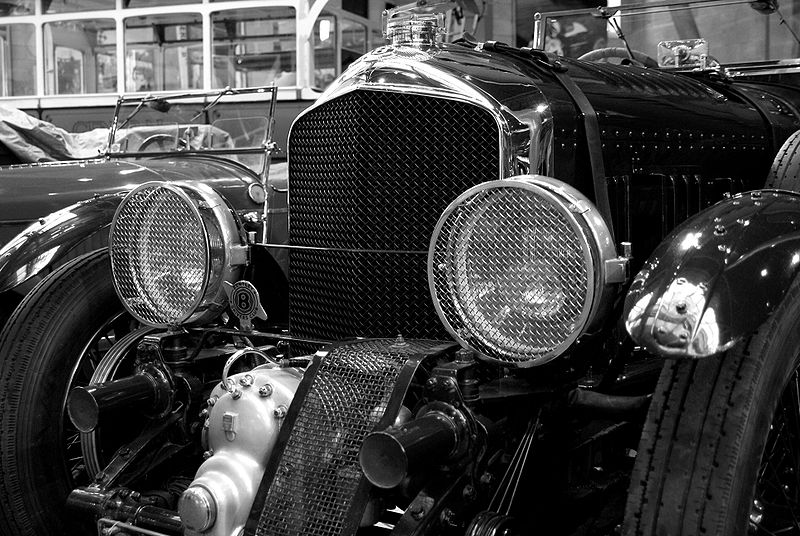
I really enjoyed Fleming’s detailed description of the car:
…a battleship-grey convertible coupé, which really did convert, and it was capable of touring at ninety with thirty miles an hour in reserve.
Mathis and Felix Leiter are well rounded in a few pithy sentences, not to mention the gripping action sequences – the attempt on Bond’s life (and his sense of dislocation and distorted hearing afterwards); Bond going unexpectedly klutzy during play to avoid an attempt on his life; the kidnap car chase and capture for torture, and afterwards, Bond’s awareness of his disintegrating relationship with Vesper. (Only is it his own watchfulness going into overdrive after a lifetime of mistrust of others? Is he truly seeing what he thinks he’s seeing and what is Vesper truly hiding?)
Intriguingly in the book, I encountered a more thoughtful, observant Bond, with fewer action sequences, fewer jokes and sometimes a weakened, tired Bond, dare I say an emotional one. Less sexist travelogue and more insights from the life of a watcher.
On the basis of this book, I might read another!
Susan Tailby is a lover of history and writing. She blogs about arts and culture (including Bond) at Susan Tailby – Medium and Cultural Capital Cultural Capital | Susan | Substack.






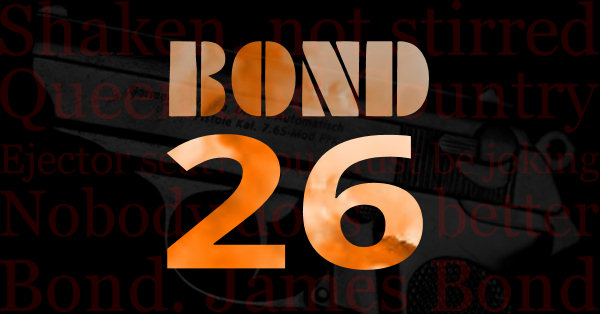




March 1st, 2023 at 13:23
I loved your perspective of this novel. The mention of Bond’s mind at work are right on target. I wrote copious notes about the book for future reference years ago during one of my readings. The novel really tells Bond’s internal turmoil and how he changes his view by the end of the story.